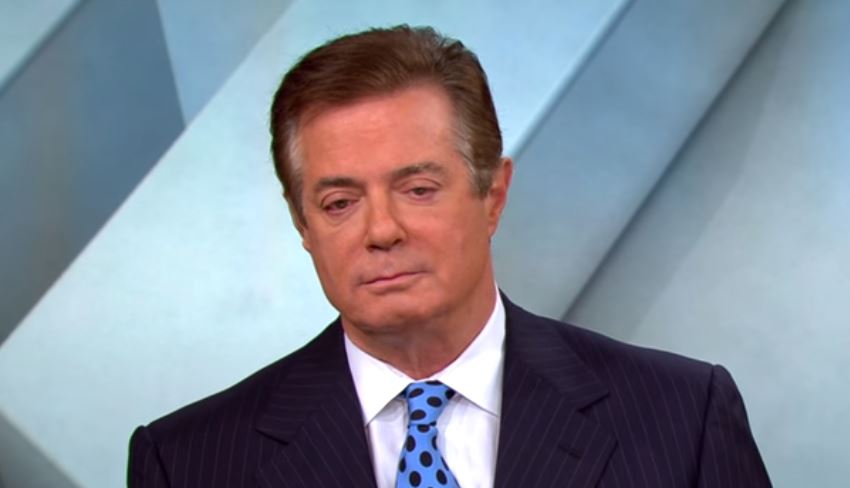
A federal judge hinted in court, in the high profile Mueller prosecution of ex-Trump campaign aides Paul Manafort and Rick Gates, that she may issue a gag order on their counsel. This prior restraint on the free speech rights of the only person qualified, capable and most inclined to effectively and publicly defend two men whose reputations have been under constant assault gags more than the free speech rights of the defense counsel; it endangers the right to a full defense, the right to publicly defend one’s reputation against criminal accusation, and the right to insure both a fair trial and a truly public trial.
The content-based restrictions on the speech rights of Manafort, Gates, and their counsel, offends the core of the First Amendment and the due process rights under the Fifth Amendment. These gag-orders are prior restraints on speech, which “are the most serious and least tolerable infringement on First Amendment rights.” (Bantam Books, Inc. v. Sullivan, 372 U.S. 58, 70 (1963)). Lawyers who deliberately engage in conduct that “poses a substantial likelihood of materially prejudicing” an actual jury can be punished already; prior restraint is both excessive, unnecessary and counter-productive to achieve that very limited state interest in fair trials, an interest hardly promoted by gag orders in the first place.
The Supreme Court has already made clear there is nothing unethical, unprofessional, or unacceptable in a lawyer making public statements in defense of his client after an indictment. In the late 1980’s, a Las Vegas lawyer held a press conference after his client was indicted. The lawyer attacked the prosecution for scapegoating his innocent client and covering up police corruption. Was that unethical? The Supreme Court’s answer: the lawyer “spoke at a time and in a manner that neither in law nor in fact created any threat of real prejudice to his client’s right to a fair trial or to the State’s interest in the enforcement of its criminal laws.” As the Court went on to note: “An attorney’s duties do not begin inside the courtroom door. He or she cannot ignore the practical implications of a legal proceeding for the client.” This means “an attorney may take reasonable steps to defend a client’s reputation and reduce the adverse consequences of indictment, especially in the fact of a prosecution deemed unjust or commenced with improper motives.” This includes “an attempt to demonstrate in the court of public opinion that the client does not deserve to be tried.” Manafort’s counsel’s prior press conference, which came under criticism from the Judge, is doing precisely what the Supreme Court commended, not condemned.
Coequally, as Professor Erwin Chemerinsky noted years ago, these gag orders are more than unconstitutional; they fail to achieve the very objectives courts cite as the excuse for issuing them in the first place. After all, gag orders on trial participants “cause the media to rely on less accurate sources of information,” often disguise the source of information which renders the public less able to discern the motive of the source and the accuracy of the information related thereto, and allows the prior attacks on the defendant to go unanswered. Worse yet, publicity is often the only means for a defendant to smoke out the truth, as individual witnesses often only come forward with exculpatory information due to public attention toward the case brought out by the defense counsel. Put simply, gag orders not only suppress free speech; they undermine the ability of a defendant to obtain a fair trial, and defend his interests outside the courtroom that stem from the case in the first place.
Silencing the defense from public statements is no way to obtain the confidence of a skeptical public in the special counsel’s already contested proceedings. Ask the Chicago-7 from 1968 how gagging defendants turned out. Gagging defense counsel outside the courtroom is little better. Closing the door to the jury of public opinion neither aids a fair trial nor inspires public confidence in the fairness of the proceedings. Mueller can afford a little public sunshine, right?
Robert Barnes is a California-based trial attorney whose practice focuses on Constitutional, criminal and civil rights law. You can follow him at @Barnes_Law.
[image via screengrab]
This is an opinion piece. The views expressed in this article are those of just the author.